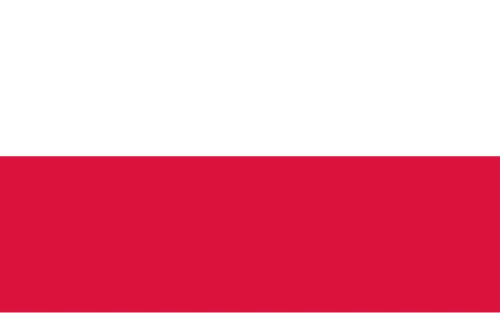
Celebrating the Opening of Carnival: Why 11-11 at 11:11 is Significant
The carnival season, a time of joy and festivity, is a cherished tradition across various countries, especially in Germany and the Netherlands. It kicks off on November 11 at exactly 11:11 AM, signaling the start of vibrant parades, colorful costumes, and an array of cultural events. Known locally as "Karneval" or "Fasching," this celebration spans several months, culminating in the grand festivities before Lent.
The Historical Roots of Carnival
The origins of Carnival date back centuries, steeped in both pagan and Christian traditions. Initially, these celebrations were meant to mark the end of winter and welcome the coming of spring. The date of 11-11 at 11:11 has specific significance; it is precisely six months before Lent begins, representing a time to indulge in merriment and revelry before the solemn season.
Why November 11 at 11:11?
In the realm of Carnival celebrations, timing is everything. The choice of November 11 at 11:11 isn’t just random; it’s a deeply-rooted tradition that layers cultural meaning. The number 11 is considered a mystical number, symbolizing imbalance and duality, which aligns perfectly with the festive and sometimes chaotic spirit of Carnival.
Carnival Celebrations in Germany
Germany’s Carnival, mainly celebrated in the Rhineland region, is well-known for its grand parades and vibrant celebrations that attract visitors from all around the world. Cities like Cologne, Düsseldorf, and Mainz play host to some of the largest events, featuring elaborate floats, quirky costumes, and lively music. The opening ceremony often includes the "Pennäler" procession, where students dress in traditional attire and herald the fun to come.
The Netherlands and Beyond
In the Netherlands, Carnival is celebrated primarily in the southern provinces of North Brabant and Limburg. The festivities feature similar elements to their German counterparts but with distinct local flair. The celebrations are marked by street parties, playful costumes, and traditional music, emphasizing community and camaraderie.
Carnival is celebrated in other countries as well, such as Austria, Switzerland, and Brazil, each embracing their unique customs. However, the idea of a common start date on 11-11 resonates through many of these celebrations, connecting diverse cultures through shared joy and exuberance.
Events and Traditions
The opening of Carnival is filled with numerous traditions and events that vary by locality. Some common activities include:
- Costume Contests: Participants often dress in flamboyant costumes, with competitions held to honor the most creative and impressive outfits.
- Parades: Colorful parades are a staple of Carnival, with floats that reflect themes, history, or societal commentary.
- Live Music and Dance: Local bands play traditional songs, and dance is a central element, inviting everyone to join in the merriment.
- Community Gatherings: Local communities come together to celebrate, fostering a sense of identity and shared experiences.
Tips for Enjoying the Carnival Season
If you're planning to partake in Carnival festivities, here are some tips to enhance your experience:
- Dress Up: Embrace the spirit of Carnival by donning a costume or accessory that reflects the fun and creativity of the event.
- Research Local Events: Each city has its unique traditions; check local listings to find event timings and locations.
- Engage with Locals: Carnival is about community; engage with local participants to learn more about the cultural significance of the festivities.
- Enjoy the Food and Drink: Don’t miss out on local delicacies that are often part of the celebration.
Conclusion
The opening of Carnival on November 11 at 11:11 is a testament to the rich cultural heritage shared by countries in Europe and beyond. It serves not just as a signal for the start of festivities, but also as a celebration of community, creativity, and joy. Whether you’re a local or a tourist, partaking in Carnival is a chance to experience a vibrant tapestry of tradition and revelry that has stood the test of time.






